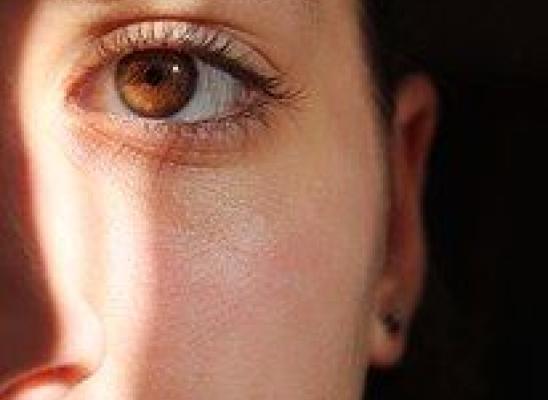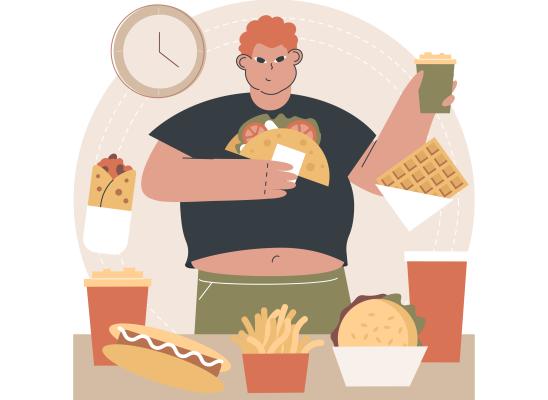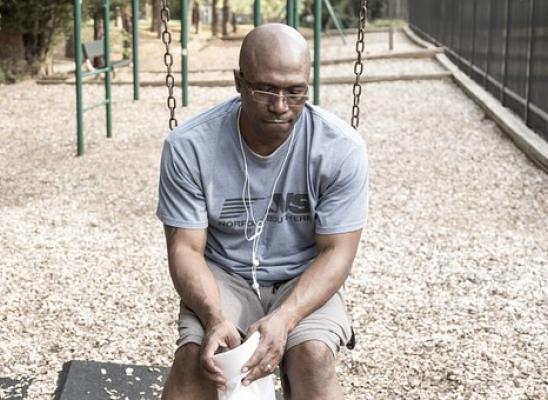New study looks at inositol for trichotillomania treatment

Online test
Find out the severity of your symptoms with this free online test
A recent study evaluated the effectiveness of inositol in reducing pulling behaviors in people with trichotillomania. While there is no definitive medication for managing trichotillomania, there are some that can help with aspects, of the condition such as stabilizing mood that end up reducing the severity of symptoms.
What is inositol and how does it work?
Inositol is a dietary supplement most often used as a source of niacin and acts as a vasodilator. Naturally, it is found in cantaloupe, oranges, nuts, beans, and high bran content cereals. In addition to increasing blood flow, it helps the body form healthy cells. Considered one of the B vitamins, it seems to help psychiatric disorders that would respond to serotonin uptake inhibitor medications and is indicated as a viable treatment for obsessive compulsive disorder (OCD) as well as anxiety and depression. In Europe it is used as a medication for Raynaud’s phenomenon which is a disorder where the blood flow to the fingers and toes becomes restricted.
Does it work?
Research does not show definitively that inositol works for depression or for OCD. However, the body of research on supplements is not very thorough, and there are many examples of people who have tried it and experienced the benefits. Do not expect huge changes, however, in conjunction with therapy, dietary and lifestyle changes, adding a supplement that helps the body could produce good results. For people who pull their hair in response to strong emotions, there have been reports that inositol helps stabilize moods, reduces stress and anxiety, which reduces urges to pull.
Research says…
A recently published study looked at inositol and its direct effect on adults with trichotillomania (Leppink, Redden, & Grant, 2017). It used the gold-standard for evaluating the efficacy of a medication, the double-blind, placebo-controlled study. What this means is that researchers had 38 adults with diagnosed trich participate in the study for 10 weeks. They were all given a medication, but none of them knew whether they were given inositol or a placebo, or a fake pill. At the beginning and at the end of 10 weeks, their symptoms were measured which included the severity of their pulling behaviors as well as their levels of anxiety, depression, and psychosocial functioning. At the end of the study, 42% of inositol patients stated they were “very much improved” compared to 35% of the placebo patients. In statistical terms, the difference between those two percentages is not considered “statistically significant” however, 42% of the participants did see improvement. And for someone who suffers from trich, that may be enough evidence to try it.
Before you try inositol, consult with your physician about dosage and frequency of use. While it is a naturally occurring vitamin that is available over the counter, there can be side effects.
Reference
Leppink, E. W., Redden, S. A. & Grant, J. E. (2017). A double-blind, placebo-controlled study of inositol in trichotillomania. International Clinical Psychopharmacology, 32(2), 107–114. doi: 10.1097/YIC.0000000000000156
Online test
Find out the severity of your symptoms with this free online test
Start your journey with TrichStop
Take control of your life and find freedom from hair pulling through professional therapy and evidence-based behavioral techniques.
Start Now



